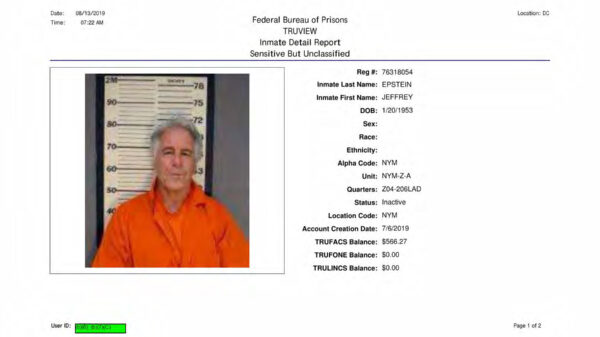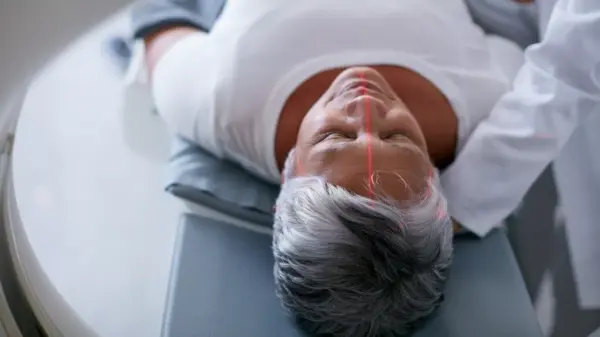An international research team led by UMC Utrecht has developed two groundbreaking antibodies that can inhibit inflammation associated with autoimmune diseases. These innovative antibodies specifically target the high-affinity IgG receptor known as FcγRI, providing new therapeutic avenues for conditions such as rheumatoid arthritis (RA), systemic lupus erythematosus (SLE), and immune thrombocytopenia (ITP). The findings were published in the journal Nature Communications.
The FcγRI receptor, also referred to as CD64, is found on myeloid cells and plays a crucial role in the immune system by facilitating functions like phagocytosis and cytokine production. Under normal conditions, FcγRI is activated by immune complexes—clusters of antibodies that bind to pathogens for elimination. However, in autoimmune diseases, the immune system mistakenly targets the body’s own tissues, leading to the production of autoantibodies that form immune complexes. This misdirected activation of FcγRI contributes to chronic inflammation and tissue damage.
The study, spearheaded by Prof. Jeanette Leusen, Ph.D., from the Antibody Therapy research group at the Center for Translational Immunology at UMC Utrecht, involved the collaborative efforts of researchers from Kiel University in Germany, Leiden University Medical Center, Utrecht University, and Friedrich-Alexander University Erlangen-Nürnberg.
Innovative Antibody Development
For over three decades, scientists have struggled to create antibodies against the IgG-binding domain of CD64 due to its exceptionally high affinity for IgG. By employing the unique UMAB immunization method alongside novel phage display antibody libraries, the research team overcame this challenge. They successfully isolated two unique antibodies, C01 and C04, which bind to FcγRI without engaging the Fc region of the antibodies.
Crystal structural analysis revealed that C01 binds precisely within the IgG-binding site on the extracellular domain (EC2) of FcγRI, ensuring mutually exclusive binding. Quantitative binding studies demonstrated that both antibodies possess a higher affinity for FcγRI than human IgG, enabling them to displace IgG or pathogenic immune complexes by up to 60% and block binding by as much as 90%. Notably, neither antibody activated FcγRI, differentiating them from earlier anti-FcγRI antibodies that could inadvertently stimulate receptor clustering and cytokine release.
Effective in Preclinical Models
The researchers established an in vitro model for immune thrombocytopenia, where C01 and C04 effectively inhibited opsonized platelets from binding to immune cells from patients with ITP. In a preclinical in vivo model, the antibodies significantly reduced IgG-dependent platelet depletion.
In addition, the antibodies were tested in an in vitro model of rheumatoid arthritis, demonstrating effective inhibition of patient-derived autoantibody-immune complex binding to monocytes, macrophages, and neutrophils from healthy donors. These results highlight the potential of C01 and C04 as therapeutic candidates for treating autoimmune diseases characterized by IgG-autoantibody complexes.
Prof. Leusen expressed her enthusiasm about the discovery, stating, “I think we found the needle in the haystack, after searching for over a decade and thanks to a true team effort.” She emphasized that each research partner played a vital role, contributing to antibody discovery, structural determination, patient sample testing, and preclinical models.
The next steps for this promising research include enhancing the blocking and displacement capabilities of the antibodies through affinity maturation, as well as humanizing the initially mouse-derived antibodies to minimize immunogenicity for future clinical applications. The new antibodies have already been patented by Utrecht Holdings, and efforts are underway to identify partners for clinical development.
This study represents a significant advancement in the field of immunotherapy, with the potential to provide targeted treatments that minimize inflammation without triggering harmful immune responses. As the research continues, C01 and C04 may pave the way for new therapeutic options for millions affected by autoimmune diseases.


































































